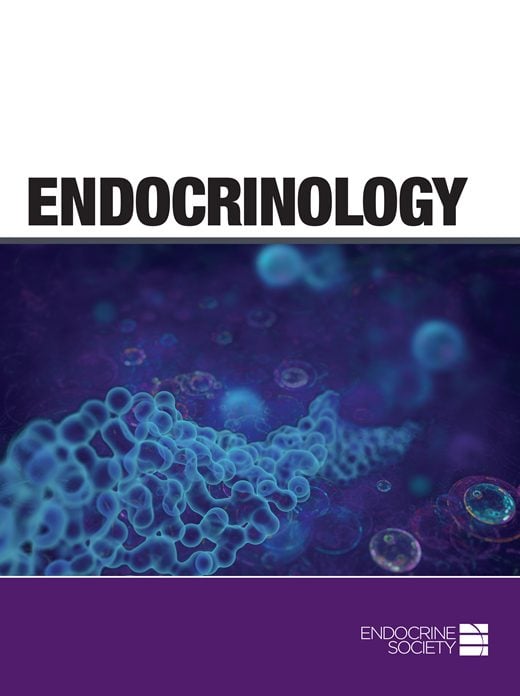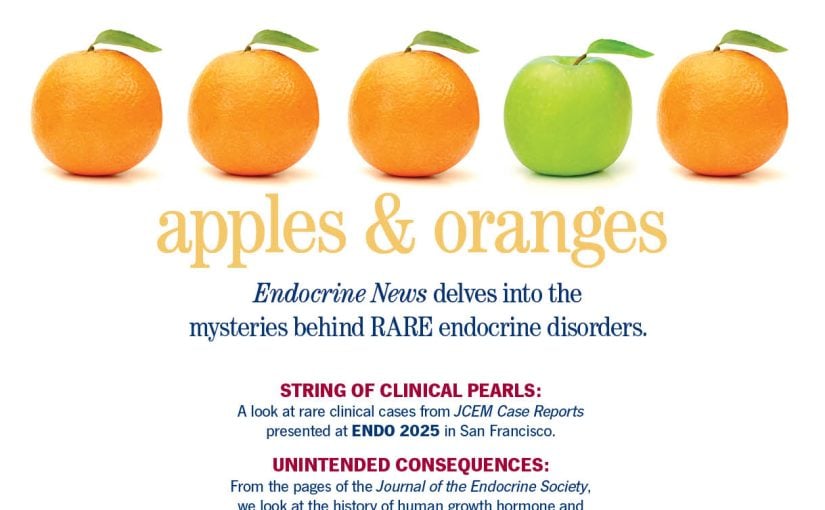
COVID-19 may increase the risk of blood clots in women who are pregnant or taking estrogen with birth control or hormone replacement therapy, according to a new manuscript published in the Endocrine Society’s journal, Endocrinology.
One of the many complications of COVID-19 is the formation of blood clots in previously healthy people. Estrogen increases the chance of blood clots during pregnancy and in women taking birth control pills or hormone replacement therapy. If infected with COVID-19, these women’s risk of blood clotting could be even higher, and they may need to undergo anticoagulation therapy or to discontinue their estrogen medicines.
“Research that helps us understand how the coronavirus causes blood clots may also provide us with new knowledge regarding how blood clots form in other settings and how to prevent them.” – Daniel I. Spratt, MD, of Maine Medical Center in Portland, Maine, and Tufts University School of Medicine in Boston, Mass.
“During this pandemic, we need additional research to determine if women who become infected with the coronavirus during pregnancy should receive anticoagulation therapy or if women taking birth control pills or hormone replacement therapy should discontinue them,” said the study’s corresponding author, Daniel I. Spratt, MD, of Maine Medical Center in Portland, Maine, and Tufts University School of Medicine in Boston, Mass. “Research that helps us understand how the coronavirus causes blood clots may also provide us with new knowledge regarding how blood clots form in other settings and how to prevent them.”
Researching and understanding the cause of blood clotting in COVID-19, including the intersecting effects of estrogen therapy or pregnancy, has several hurdles and will require innovative animal and tissue models.
Conversations between clinicians and basic researchers and between endocrinologists and hematologists are necessary to explore potential interactions between SARS-CoV-2—the virus that causes COVID-19—and pregnancy or estrogen therapy that could guide clinical management.
The manuscript’s co-author is Rachel J. Buchsbaum, MD, of Tufts Medical Center and Tufts University School of Medicine.
The manuscript received no external funding.
The manuscript, “COVID-19 and Hypercoagulability: Potential Impact on Management with Oral Contraceptives, Estrogen Therapy and Pregnancy,” was published online, ahead of print.

